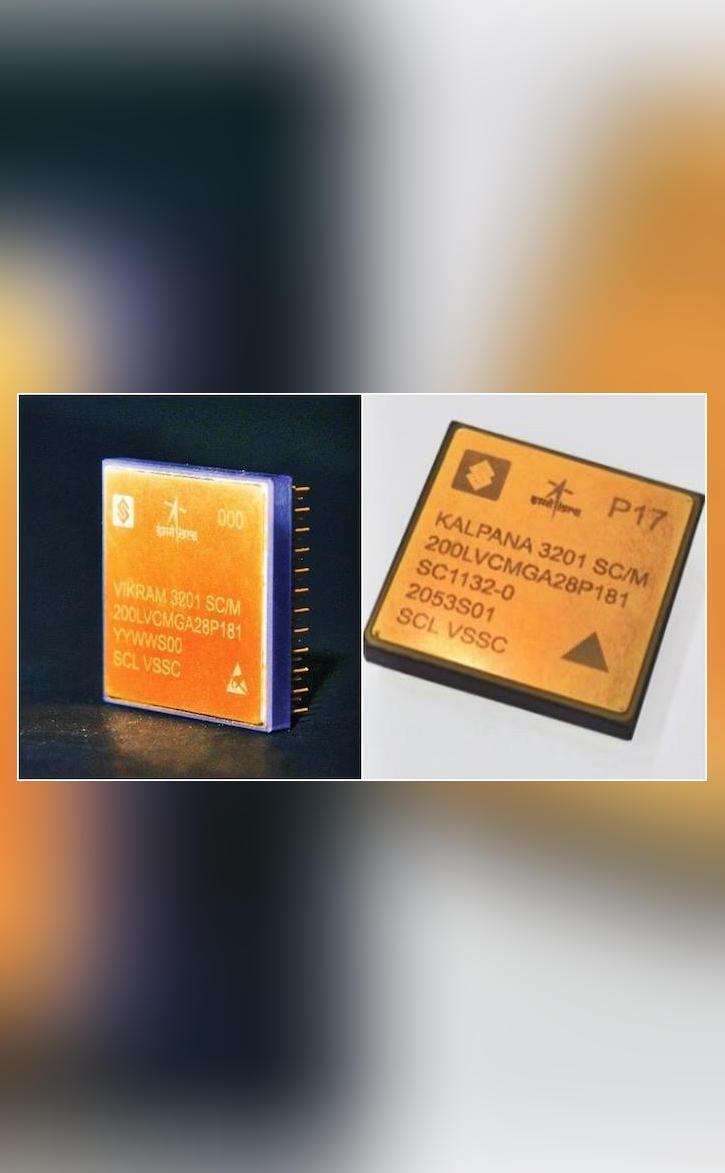
ISRO & SCL develop 32-bit microprocessors for space applications
In a significant achievement, the Indian Space Research Organisation (ISRO) and the Semiconductor Laboratory in Chandigarh have jointly developed two 32-bit microprocessors, VIKRAM3201 and KALPANA3201. These microprocessors have been specifically designed for space applications, marking a major milestone in India’s journey towards self-reliance in the development of cutting-edge technology.
The VIKRAM3201 microprocessor is particularly noteworthy, as it is the first fully “Make-in-India” 32-bit microprocessor to be qualified for use in the harsh environmental conditions of launch vehicles. This achievement is a testament to the capabilities of Indian scientists and engineers, who have worked tirelessly to develop a technology that can withstand the extreme temperatures, vibrations, and radiation encountered during space travel.
The development of these microprocessors is a significant step forward for ISRO, which has been at the forefront of India’s space program for decades. The organization has a long history of achieving remarkable feats, including the successful launch of several Earth observation satellites, communication satellites, and interplanetary spacecraft. The development of VIKRAM3201 and KALPANA3201 marks a new chapter in ISRO’s journey, as it continues to push the boundaries of what is possible in the field of space technology.
So, what makes these microprocessors so special? For starters, they are designed to operate in extremely harsh environments, where temperatures can range from -50°C to 100°C and where radiation levels can be extremely high. They are also capable of withstanding the intense vibrations and shocks encountered during launch, making them ideal for use in launch vehicles and spacecraft.
The VIKRAM3201 microprocessor, in particular, is a significant achievement, as it is the first fully “Make-in-India” 32-bit microprocessor to be qualified for use in launch vehicles. This means that it has been rigorously tested and proven to meet the stringent requirements of ISRO’s launch vehicles, including the capability to operate in extreme temperatures, radiation, and vibration.
According to ISRO, the VIKRAM3201 microprocessor has been designed to provide high performance, low power consumption, and high reliability. It features a 32-bit architecture, which enables it to handle complex tasks and calculations with ease. The microprocessor also has a high-speed bus interface, which enables it to communicate with other systems quickly and efficiently.
The KALPANA3201 microprocessor, on the other hand, is designed for use in spacecraft and other space-based applications. It features a similar architecture to the VIKRAM3201, but is optimized for use in space environments, where radiation levels are much higher than on Earth. The KALPANA3201 microprocessor is designed to provide high reliability, low power consumption, and high performance, making it ideal for use in spacecraft and other space-based applications.
The development of these microprocessors is a significant achievement for the Indian space program, as it marks a major milestone in India’s journey towards self-reliance in the development of cutting-edge technology. The use of indigenous technology in space applications is critical for India’s space program, as it enables the country to reduce its dependence on foreign technology and to develop its own unique capabilities.
In conclusion, the development of VIKRAM3201 and KALPANA3201 microprocessors by ISRO and SCL is a significant achievement that marks a major milestone in India’s journey towards self-reliance in the development of cutting-edge technology. These microprocessors are designed to operate in extreme environments and provide high performance, low power consumption, and high reliability. They are ideal for use in launch vehicles, spacecraft, and other space-based applications, making them a critical component of India’s space program.






